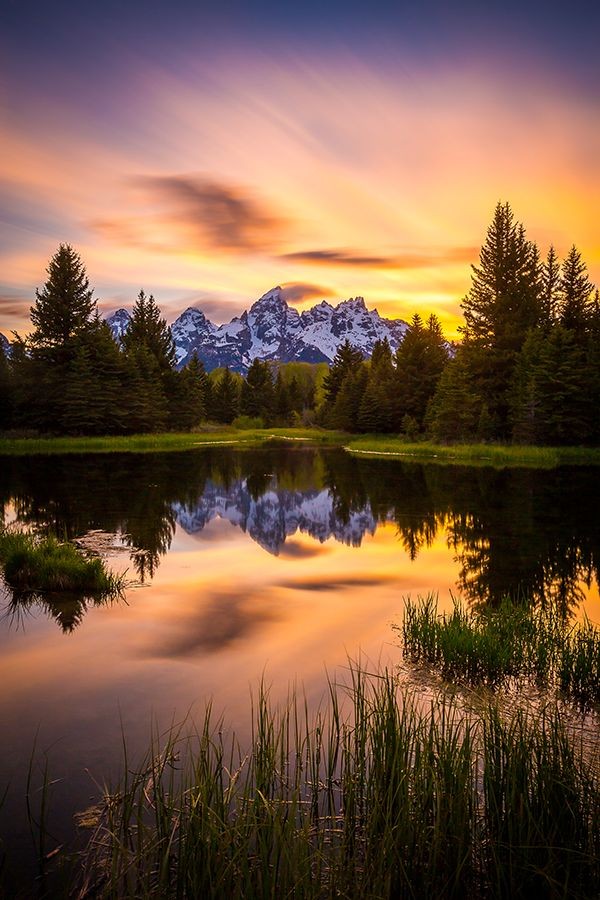-Essay-
PARIS — The laconic hero squints at the sun and ties up his horse. Spurs jingling, boots dusty, he strides into the saloon and faces the suspicious eyes of the other patrons. "You ain't from around these parts, are ya, stranger?" says a white-bearded old-timer, slamming a glass of whisky on the counter.
It may be a classic scene in old Westerns, but it isn't just for cowboys. Though human history is a story of continuous migration, people remain fiercely tribal, eager to divide the world along the reassuring continuum of Us versus Them.
In France, National Front leader Marine Le Pen has proposed abolishing birthright and dual citizenship, and automatically stripping dual citizens of their French passports should they be convicted of any crime. Lurking beneath this patriotic indignation is the belief that, really, those born in France to foreign parents, and all dual citizens, are not French. They're not Us.
But in truth it's never been easy to categorize people according to their origins. Despite the hand-wringing of nationalist political parties, people around the world continue to pack up and move, whether in search of better job opportunities, to escape from war or for myriad other reasons. And if dual citizenship is on the rise — since the end of World War II, a growing number of countries have allowed it — it's partly for practical reasons, but also because as people travel (and intermarry), their sense of cultural belonging is no longer limited to a single tribe. Many governments require diplomatic employees to move every few years for precisely this reason: The longer people live in a place, the more it feels like home.
Of course, the concept of nation-states and passports is a relatively new one. The Holy Roman Empire only dissolved in 1806, and Italy unified in 1870 (although some would argue that the north and south are still different countries and that somewhere around Naples, bedlam begins.) Germany, which unified in 1871, split into two in 1949 before again unifying in 1990, demonstrating just how often maps have been redrawn.
Migration through human history
When I was a child, I was fascinated by my spinning globe — complete with bumps to mark mountain ridges. The Union of Soviet Socialist Republics, in particular, always caught my attention, because it was so huge. I was stunned when my mother told me one day that the USSR no longer existed. How was that possible? I wondered. Where did it go? And what happened to all those people?
Genetic studies of human migration patterns — which examine specific markers on DNA, traceable along the male or female lines — render modern notions of nationality highly simplistic. Scientists can use DNA to reveal where an individual's direct male or female line likely lived 10,000 years ago, and it's typically very far from where that person currently lives. So how many generations of your family need to have been living somewhere for you to be "from" there; and on the flip side, at what point do you lose claim over your association with a place once your forebears have left?

World DNA — Photo: Lucía Gómez via Instagram
There is little agreement on such definitions. In the U.S, as in many countries in the Americas, jus soli, or birthright citizenship, means anyone born on American territory is considered a citizen, no matter where his or her parents are from. Despite that, Donald Trump suggested last year that "birthright babies" aren't really American, and there is substantial backlash against immigrants crossing the U.S. border to give birth.
European countries, too, are hardly in unison in terms of determining citizenship, and thanks to the EU's open-border policy, anyone who can afford to buy a Maltese passport is legally allowed to work in Spain, Italy or Sweden, all of which rely heavily on the notion of jus sanguinis, or citizenship by blood. But while someone's claim to Swedish nationality ends with their parents, the rules are much different in, say, Italy. If you can prove a single direct Italian forebear who never formally renounced citizenship, you can obtain an Italian passport, move to Italy and vote in national elections, no matter where the rest of your family is from.
No tidy categories
Though often illogical or arcane, nationality matters, because which passport you have determines where you are allowed to travel, live, study and work, and, to an extent, what opportunities are open to you. A former colleague of mine, born and raised in Rome, didn't get an Italian passport until he was in his early twenties, because his parents — legal residents of Italy — were from the Philippines, a country he had visited but never lived in. This belated recognition stung him — especially when comparing his experience to that of, say, Thiago Motta, the Brazilian-born footballer who, thanks to an Italian forebear, played for Italy in the 2014 World Cup.
It's often others — the white-bearded old-timers drinking whisky at the saloon — who size us up and try to slap on a label. It's easier to think about the world when people fit into tidy cultural compartments. But they don't — and never have.
Growing up in Paris, I spoke English at home and French at school. Now, at 31, I've spent two-thirds of my life in Europe — in France and Italy — and the remaining third in four different American cities. I met my husband, who is from Rome, on a transatlantic flight, and we speak Italian with each other.
I'm applying for an Italian passport this year. But getting one won't make me any less American and French: The places we've lived, and the languages we speak, are always part of who we are, regardless of ancestry.
Perhaps Marine Le Pen, Nigel Farage, Matteo Salvini and all the other nationalist chest beaters should take a DNA test.
*Cynthia Martens is a Paris-based journalist and translator.
This is Worldcrunch's uniquely international collection of essays, both original pieces written in English and others translated from the world's best writers in any language. The name for this collection, Rue Amelot, is a nod to the humble street in eastern Paris that we call home. Send ideas and suggestions to rueamelot@worldcrunch.com.





